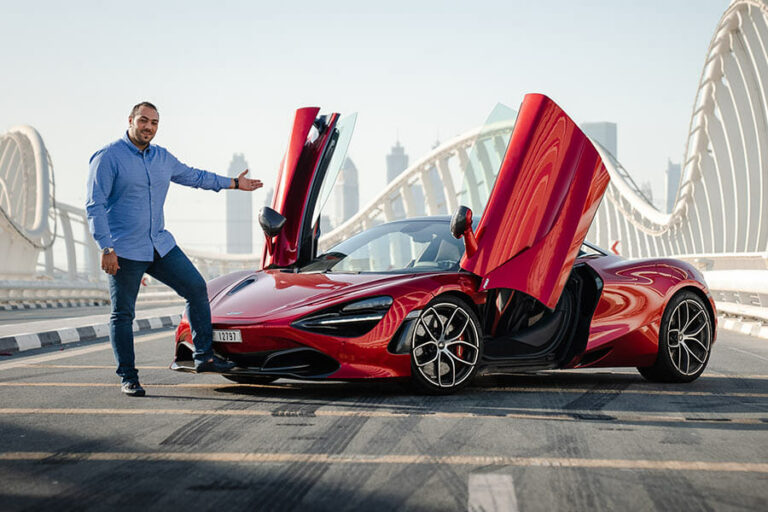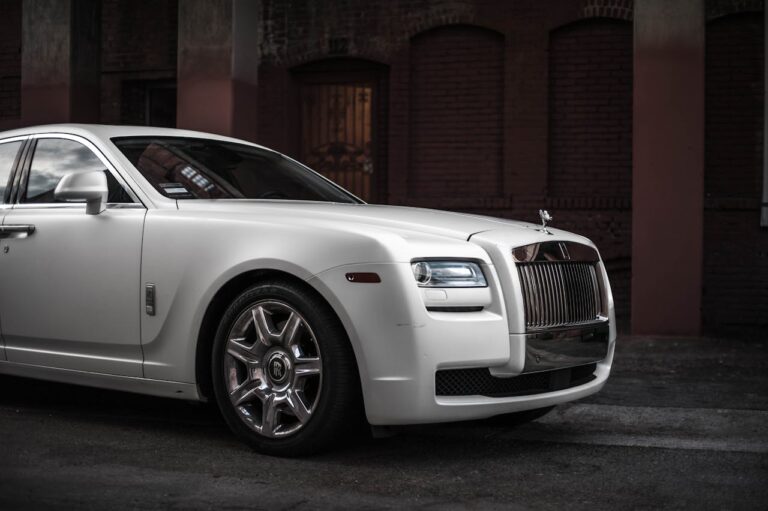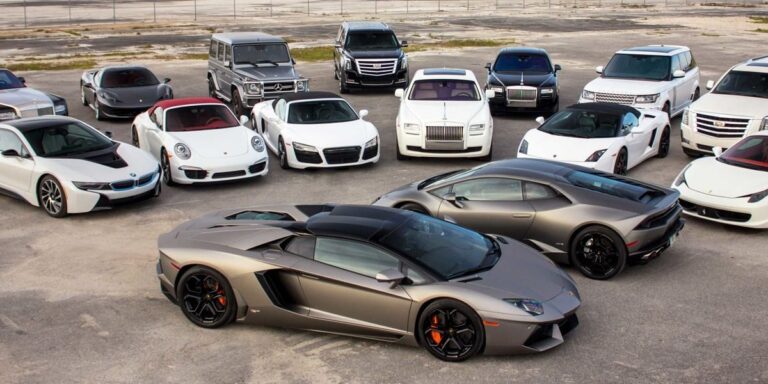Sports cars have always been synonymous with high performance, thrilling acceleration, and exhilarating driving experiences. At the heart of these performance beasts lie a range of advanced engine technologies that push the boundaries of automotive engineering. As the world of sports cars continues to evolve, so do the engine technologies that power them. In this blog, we will explore some of the cutting-edge engine technologies found in modern-day sports cars that entice people to own or even opt for sports car rental Dubai.
Internal Combustion Engines (ICE):
The traditional internal combustion engine has been the cornerstone of sports cars for decades. However, advancements in engineering have made these engines more powerful, efficient, and environmentally friendly. Manufacturers have introduced direct injection, variable valve timing, and turbocharging to boost performance while maintaining fuel efficiency. The iconic growl of an ICE engine is still music to the ears of car enthusiasts, making it a favorite for many sports car purists.
Turbocharging and Supercharging:
Turbocharging and supercharging are technologies used to increase the engine’s power output without significantly increasing its size. A turbocharger uses exhaust gases to drive a turbine, which, in turn, compresses the incoming air, providing more oxygen to the engine for improved combustion. On the other hand, superchargers are mechanically driven by the engine itself. Both technologies increase horsepower and torque, resulting in blistering acceleration and high-speed performance.
Hybrid Powertrains:
The shift towards sustainability and environmental consciousness has not spared the world of sports cars. Hybrid powertrains have made their way into some of the most iconic sports car models. Combining traditional internal combustion engines with electric motors, these hybrids offer the best of both worlds. The electric motors provide instant torque, enhancing acceleration, while the internal combustion engine ensures extended range and higher top speeds. Furthermore, hybrid sports cars can operate in all-electric mode for short distances, reducing emissions during city driving.
Electric Powertrains:
In recent years, electric sports cars have emerged as a revolutionary force in the automotive industry. These battery-powered beasts have proven that electric propulsion is not just for eco-friendly city cars. The instant torque delivery from electric motors results in breathtaking acceleration, propelling some electric sports cars to 0-60 mph in record times. With advancements in battery technology, these vehicles offer longer ranges and faster charging times, making them a viable option for enthusiasts who desire high-performance, clean energy solutions.
Rotary Engines:
While relatively rare, rotary engines have found their way into some sports car models due to their unique characteristics. Rotary engines use a triangular-shaped rotor instead of traditional pistons, providing a higher power-to-weight ratio and smoother operation. Mazda, in particular, is known for its iconic RX-7 and RX-8 models, showcasing the potential of rotary engine technology in sports cars.
Variable Valve Timing (VVT):
Variable Valve Timing is an innovation that adjusts the timing of the engine’s intake and exhaust valves based on driving conditions. This technology optimizes engine performance and efficiency across a broad range of RPMs. By improving airflow and combustion, VVT enhances power output while reducing emissions. Many modern sports cars employ this technology to maximize their overall performance potential.
Active Aerodynamics:
Though not a traditional engine technology, active aerodynamics plays a crucial role in modern sports cars’ overall performance. These systems dynamically adjust the car’s aerodynamic features, such as spoilers, diffusers, and air intakes, to optimize downforce and reduce drag at different speeds. By enhancing stability and cornering capabilities, active aerodynamics contribute significantly to the overall driving experience of sports cars.
Fuel Injection Systems:
Modern sports cars utilize advanced fuel injection systems to manage fuel delivery to the engine precisely. Direct injection systems, in particular, deliver fuel directly into the combustion chamber, leading to more efficient combustion and improved power delivery. This technology has become a staple in high-performance sports cars, ensuring optimal performance and fuel efficiency.
The world of sports cars continues to evolve with cutting-edge engine technologies that offer breathtaking performance, efficiency, and sustainability. From traditional internal combustion engines with turbocharging and supercharging to hybrid and electric powertrains, automakers constantly push the boundaries of what’s possible on the road.
About Luxury Supercar Rentals
Luxury Supercar Rentals is the ultimate destination for luxury sports car rental in Dubai. With an impressive fleet of high-end supercars, we cater to the desires of discerning drivers, adrenaline seekers, and enthusiasts alike. From iconic brands like Ferrari, Lamborghini, and Porsche to exclusive models such as Bugatti and McLaren, our collection leaves nothing to be desired.









